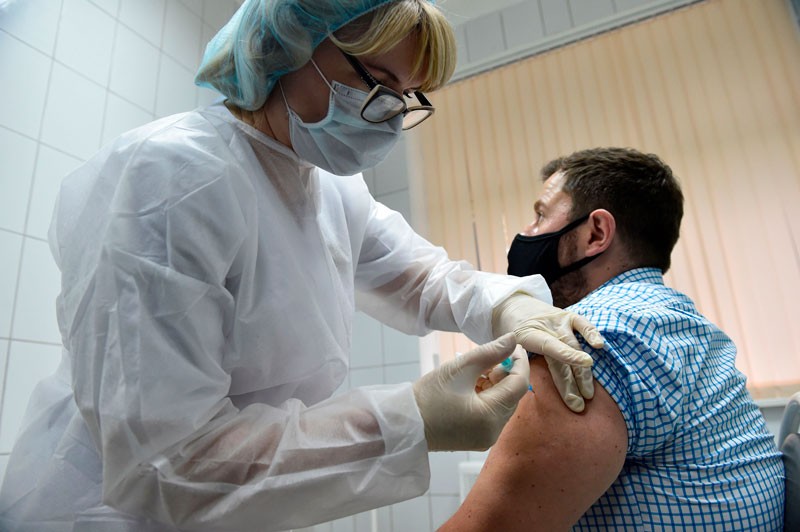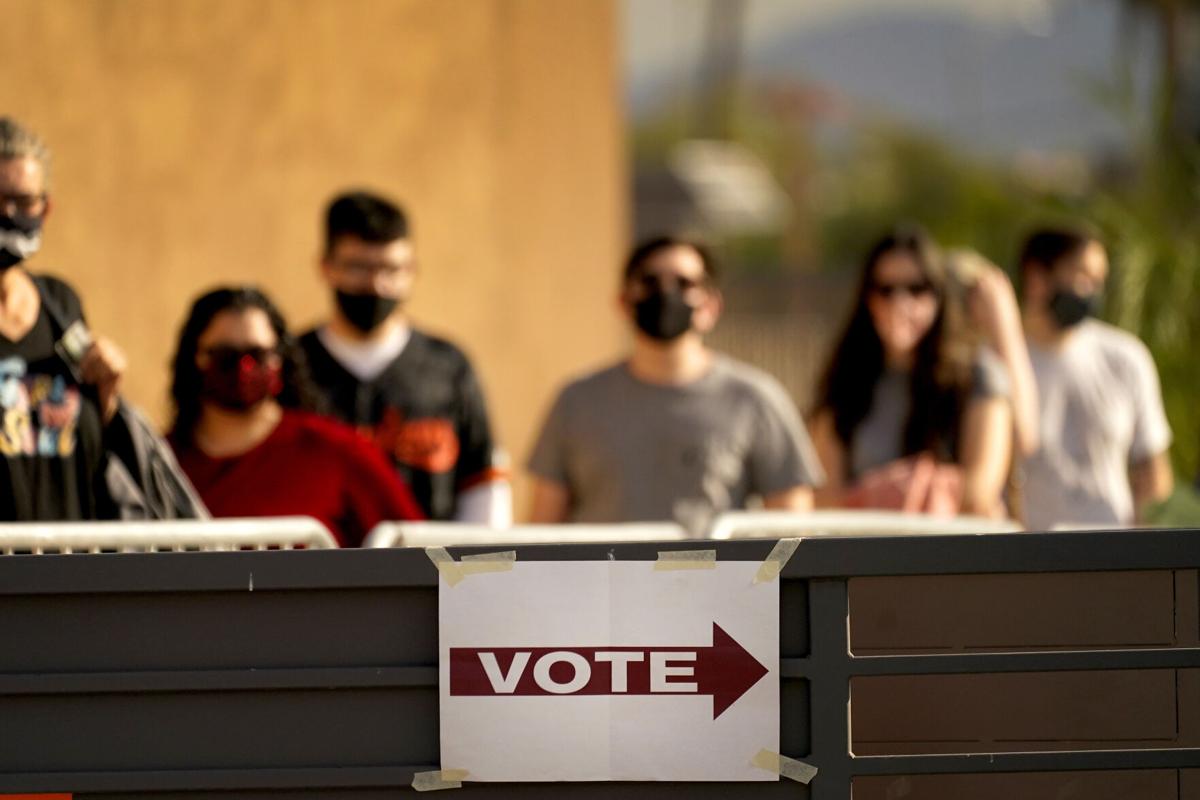Johnson & Johnson Single Dose Vaccine Behind in Production

In August of last year, Johnson & Johnson (J&J) signed a contract with the federal government promising to deliver an effective, one dose vaccine to Americans in 2021. Their goal was to produce 12 million doses by the end of next month, a number that they hoped would swell to 100 million by the end of June. Unfortunately, the company is currently two months behind in their production of the vaccine and it is unclear if they will be able to make up for the lost time. Despite the lag in their delivery of the vaccine, the company still plans to release the results from its trial in the coming weeks. Should J&J’s vaccine prove as effective as those already on the market, it will undoubtedly become the vaccine of choice for administrators and patients alike. In stark contrast to the Pfizer and Moderna vaccines, J&J’s is a single dose vaccine that can be stored for weeks in a refrigerator. Both of these properties of the vaccine would undoubtedly solve many of the logistical issues healthcare facilities are facing as they try to speed up vaccine distribution.
Click here to read more on this story.
Major Change in Addiction Medicine Policy Announced

On January 14, the Trump Administration announced a change in prescribing requirements for addiction treatment. The change will allow for almost all physicians to prescribe the addiction drug buprenorphine without obtaining a government waiver. In the past, physicians were required to undergo an eight-hour training to receive an X-waiver before they were allowed to prescribe buprenorphine. The change in policy is in response to the rising level of drug overdoses in recent years, including the increasing numbers seen during the COVID-19 pandemic. This new policy will allow for any physician with a DEA prescriber license to treat up to 30 in-state patients with buprenorphine, and hospital-based physicians are exempt from the 30-patient limit. Physicians will still be allowed to treat up to 275 patients if they undergo the training and receive the X-waiver. Additionally, the new policy change does not impact nurse practitioners or physician assistants. These providers will still need to apply for separate waivers to earn prescribing privileges.
Click here to read more on this story.
Moderna COVID-19 Vaccine Deemed Safe by FDA Panel After Pfizer Authorization
A detailed analysis of the COVID-19 vaccine from Moderna was released by the Food and Drug Administration (FDA) Tuesday morning. The analysis affirmed that the vaccine is effective and safe, with a 94% efficacy rate. The same committee that advised the FDA on the approval of the Pfizer vaccine met again on Thursday to discuss the Moderna vaccine. The panel voted 20-0 in support of endorsing the vaccine and recommended the agency grant emergency authorization. It is expected that the FDA will authorize emergency use authorization as soon as today. Between both the Moderna and Pfizer vaccines, officials expect to administer the first dose to 20 million people by the end of 2020.
Click here to read more on this story.
Take Action! Oppose Surprise Medical Billing Legislation
As Congress rushes to pass its final legislative package before adjourning for the year, the issue of surprise billing has come up again. A recent bipartisan, bicameral “No Surprises Act” is intended to protect patients from surprise medical bills. You can find the legislative text here and a section-by-section analysis here.
ArMA, and our colleagues at the American Medical Association, support protecting patients from surprise medical bills. However, this legislation is not the solution and leaves many issues unresolved. In a year when physicians, practices, and patients are struggling financially, this measure will likely make the situation worse for many. It is critical to protect patients from surprise medical bills and a thoughtful, measured federal solution is possible to achieve. However, now is not the time to adopt flawed surprise billing legislation. Please contact your Senators now and tell them to stand up for patients and physicians by OPPOSING the No Surprises Act!
COVID-19 Surge Has Arizona Hospitals, ICUs at Record Capacity
A recent spike in recorded COVID-19 cases now has Arizona hospitals meeting or exceeding the number of hospitalizations that they had seen during the pandemic’s initial peak earlier in the year, with 92% of intensive care beds (ICU) and 90% of total hospital beds filled. This surge in hospitalizations has left the state with less hospital space than at any point so far during the COVID-19 pandemic. As new data comes in, it seems as though Arizona, and indeed the rest of the country, is in the midst of a new and unprecedented viral surge.
According to data published by the Arizona Department of Health Services, only 143 ICU beds are empty across the state, or about 8% of the total. More than two in five ICU beds are being used by COVID-19 patients, the highest since July 1, when cases were surging across Arizona and the country and only 11% of the state’s ICU inventory was available.
Click here for more on this story.
CMS Issues 2021 Physician Payment Schedule – Budget Neutrality Requirements Impose Cuts
The Centers for Medicare & Medicaid Services (CMS) released the 2021 Medicare Physician Payment Schedule Final Rule. The AMA is now analyzing the rule and will release a detailed summary shortly. Despite lobbying by the AMA, state medical associations including ArMA, and other physician organizations that CMS should waive the budget neutrality impacts of the Medicare E/M policies in light of the COVID-19 public health emergency, CMS has finalized a significant budget neutrality adjustment.
The CY 2021 physician payment conversion factor is $32.41, a decrease of $3.68 from the CY 2020 conversion factor of $36.09. This is a decrease of 10.2%. The CY 2021 anesthesia conversion factor is $20.04, a decrease of $2.15 from the CY 2020 conversion factor of $22.20. For a table showing the specialty payment impacts, see the chart here. R distributions will be significant, with family medicine increasing by 13% and many specialties that do not perform office visits decreasing by 8% or more.
Because CMS does not offer any relief from the budget neutrality cuts in the final rule, pressure is being applied to Congress to avert the more than 10% cut as physicians are experiencing substantial economic hardships due to the COVID-19 public health emergency. Organized medicine, including ArMA, will continue to be vocal about the fact that these cuts will directly impact care to COVID-19 patients, as payments for hospital visits, critical care visits, nursing home visits, and home visits are among those being slashed. Stay tuned for updates as we receive additional information.
How You Can Help Vaccinate Our State Against COVID-19
The Arizona Immunization Program Office (AIPO) wants to prepare and engage physicians across the state so that Arizona is ready to distribute a safe and effective COVID-19 vaccine when it becomes available. Whether or not you have worked with ADHS or AIPO in the past, they’re eager to sign up physicians to ensure the network is adequate when the time comes. Registration involves completing the Pandemic Provider Onboarding survey forms, which are available here. These forms have recently been updated to include the CDC Provider Agreement. Staff who would like training on vaccine administration and how to report to the Arizona State Immunization Information System (ASIIS) can click here to access free training.
Third Major COVID-19 Vaccine Candidate Appears Effective, According to Recent Data
AstraZeneca announced Monday that late-stage trials showed its COVID-19 vaccine candidate was up to 90% effective, giving public health officials hope they may soon have access to a vaccine that is cheaper and easier to distribute than some of its rivals. The results are based on interim analysis of trials in the U.K. and Brazil of a vaccine developed by Oxford University and manufactured by AstraZeneca. No hospitalizations or severe cases of COVID-19 were reported in those receiving the vaccine.
AstraZeneca is the third major drug company to report late-stage results for a potential COVID-19 vaccine. Last week, Pfizer and Moderna reported preliminary results from late-stage trials showing their vaccines were almost 95% effective. But, unlike its rivals, the AstraZeneca vaccine doesn’t have to be stored at ultra-cold temperatures, making it easier to distribute, especially in countries with less robust public health infrastructures.
Click here for more on this story.
Arizona Legislature Announces Leadership Teams, Committee Assignments
Earlier this month, the Legislature elected its leadership teams. While many leaders are staying the same from the 54th Legislature, there are some fresh faces as well. On the House side, Rep. Rusty Bowers, (LD25) was re-elected Speaker by the majority. His leadership team includes Rep. Ben Toma (LD22) as Majority Leader, and Rep. Leo Biasiucci (LD5) as Majority Whip. Speaker Bowers appointed Rep. Travis Grantham (LD12) as Speaker Pro Tempore. Democrats elected a new slate, including Majority Leader Reginald Bolding (LD27), Assistant Leader Jennifer Longdon (LD24), and Rep. Domingo DeGrazia as Minority Whip (LD10).
In the Senate, Senator Karen Fann (LD1) was re-elected President of the Senate. Her team includes Sen. Rick Gray (LD21) as Majority Leader and Sen. Sonny Borrelli (LD5) as Majority Whip. Democrats elected Sen. Rebecca Rios (LD27) as Minority Leader, Sen. Lupe Contreras (LD19) as Assistant Minority Leader, and co-whips—Sen. Martin Quezada (LD29) and Sen. Victoria Steele (LD9).
Last week, Speaker Rusty Bowers and President Karen Fann announced the Chairs for the upcoming 2021 Legislative Session. The House Minority Leader Rep. Reginald Bolding also announced Committee assignments for his caucus. On the Senate side, the Senate Committee on Health and Human Services will be chaired by former House Chair Nancy Barto (LD15). Her Vice-Chair will be Senator Tyler Pace (LD25). The official announcement is available here.
On the House side, we will have a new Committee Chair in Rep. Joanne Osborne (LD13). Her Vice Chair will be Rep. Regina Cobb (LD5), who Chairs the Appropriations Committee and is a dentist in her private life. The Majority also assigned three freshman legislators to the Committee: Rep. Justin Wilmeth (LD15), Rep. Jacqueline Parker (LD16), and Rep. Joseph Chaplik (LD23). For the Minority, the Ranking Member will be Rep. Kelli Butler (LD28). She will be joined by Rep. Randy Friese, M.D. (LD9), Rep. Amish Shah, M.D. (LD24), and Rep. Alma Hernandez, MPH (LD3).
You can find the Republican House announcement here. The Democratic House announcement is here.
When the 2021 Legislative Session commences early next year, it appears as though the balance of power in the House will remain the same, with 31 Republicans and 29 Democrats in office. The Arizona Senate will become more evenly split as Democrats gain a seat, with 16 Republicans and 14 Democrats rounding out that chamber.
Arizona Election Results — What We Know So Far
First, we must mention that Arizona doesn’t certify final election results until November 10, at the earliest. This is a long-time Arizona law, so it’s not unusual for us to wait at least a week to know our winners. However, here is what we do know as of this writing (Tuesday, November 10). So stay tuned as we’ll be sure to update you again once the election results are final!
Presidential Race
All eyes were on Arizona last week as votes began to be tallied across the state. Although some news organizations quickly projected Biden as the winner in Arizona, others chose a more cautious approach. Early returns showed Joe Biden with a commanding lead, and as additional ballots were counted, Biden held that lead, but it has narrowed. Currently, Biden leads by about 14,800 votes. There are still around 63,000 ballots left to count statewide, with over half of those ballots coming from Maricopa County. If current trends continue with the remaining ballots, Biden will win Arizona’s 11 electoral votes. Regardless of the outcome here in Arizona, major media outlets projected that Biden would become president-elect after appearing to secure enough votes to capture Pennsylvania’s 20 electoral votes on Saturday morning.
Congressional Races
The projected winner of the election to fill the late Sen. John McCain’s Senate seat is Democrat Mark Kelly. He defeated Republican appointee Martha McSally in one of the few Democratic pickups nationally. As this is a special election, Kelly will have to run for reelection again in 2022. For the nine congressional seats in the U.S. House, at this time, it looks as though all incumbents will be re-elected and the delegation would remain at five Democrats and four Republicans.
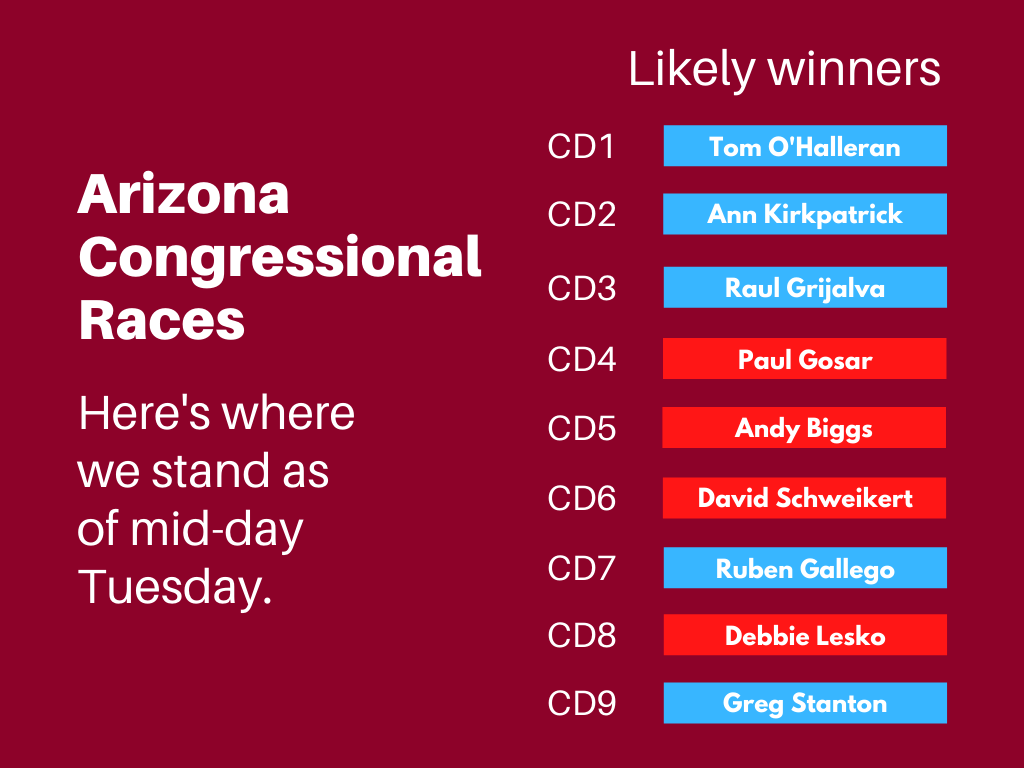
Legislative Races
Early on, it looked like the Arizona House would shift to Democratic party control, but based on the vote counts, it seems more likely that Republicans will maintain control of both chambers by the slimmest of margins. There are still uncounted votes that could cause a few of the close races to flip, but with current vote totals, this is the most likely outcome. The current makeup of the House would stay the same, slight Republican majority, and Democrats would pick up one seat in the Senate, bringing the makeup to 16 Republicans and 14 Democrats. Names with asterisks are ArMPAC-endorsed candidates.
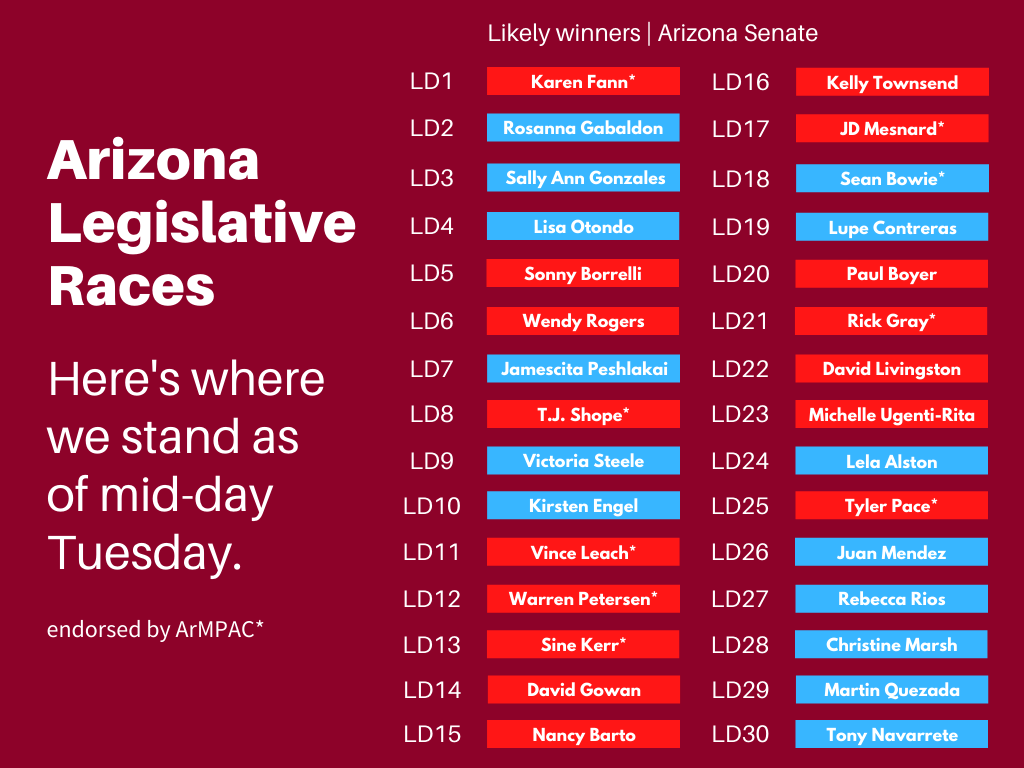
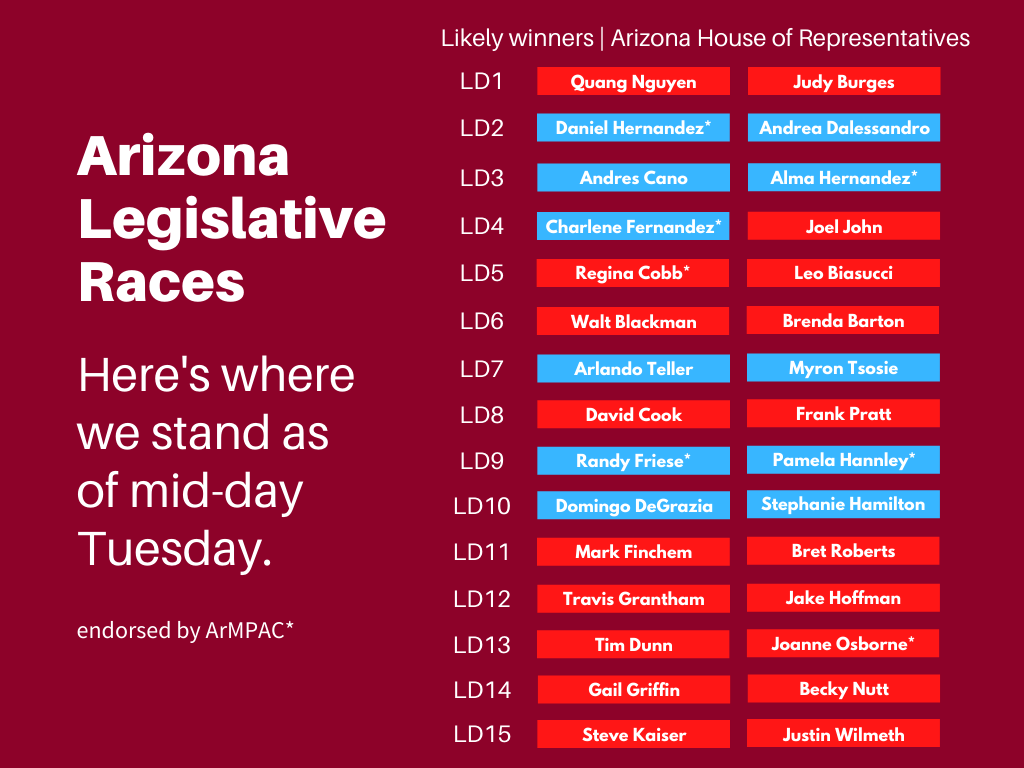
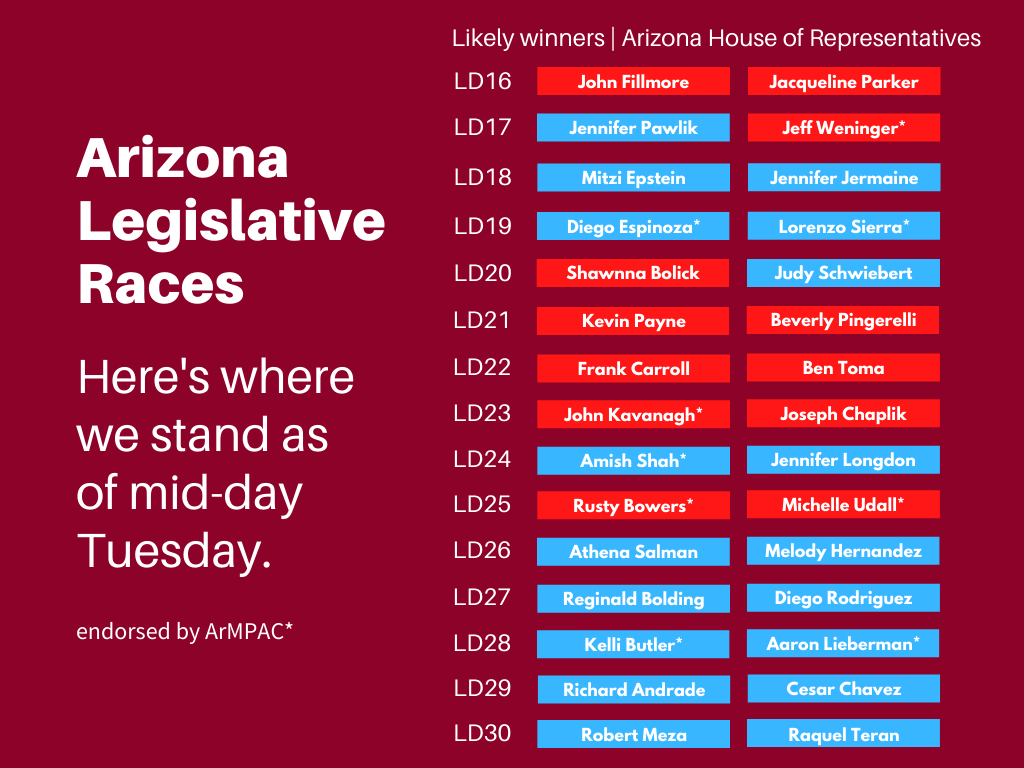
Ballot Propositions
While several other races are uncertain right now, both ballot measures have strong indications of passage. Prop. 207, the Smart and Safe Arizona Act, to legalize recreational marijuana has about 60% ‘yes’ votes. Prop. 208, the Invest in Education Act, which adds a tax surcharge on the wealthiest income brackets, currently has 52% ‘yes’ votes.
